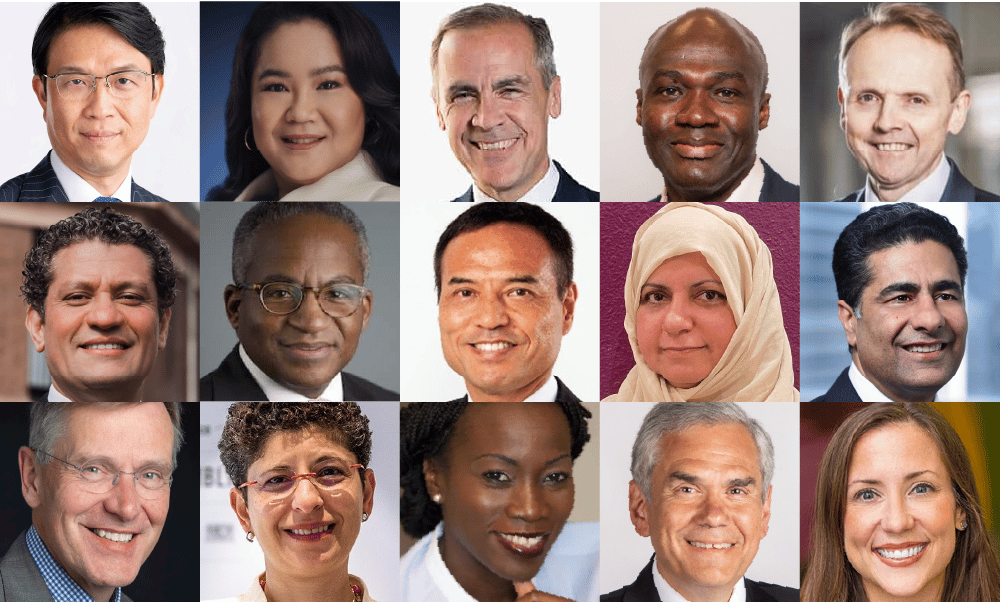HAPE (Hape Development and Welfare Association) is a registered Non-Governmental Organization (NGO) operating in Sindh, Pakistan. Established in October 2005, HAPE is recognized under the Social Welfare Voluntary Organization Act of 1961 by the Directorate of Social Welfare/Community Development Department, Government of Sindh. The organization focuses on various priority areas, including education/capacity building, livelihoods, human security in natural emergencies, gender equality, safe drinking water and hygiene, human rights, environment, health, climate change, and women and youth empowerment.
In terms of recognition, HAPE has received several awards and accolades for its work. Notably, it received the Best NGO Award for its relief and rehabilitation efforts during the 2011 flood. HAPE is also a member of various reputable organizations and networks, such as PESA Pakistan, District Education Committee, DAMAAN Network, Pakistan Environment Society, Global Environment Facility, and CANSA South Asia. It is a partner of Transparency International Pakistan and holds a special membership status with ECOSOC (United Nations Economic and Social Council). Furthermore, HAPE is a regional member of the water and hygiene committee of OPP OCT.
HAPE is actively involved in numerous projects aimed at addressing social issues and promoting education. One of its projects is the operation of City Public School in Rajo Khanani, providing quality education to 267 students since 2008. Additionally, HAPE manages five schools in rural areas along the coastal side, offering free quality education to approximately 3,000 students since 2015. These initiatives are made possible through collaboration with the Sindh Education Foundation and the Government of Sindh.
Another significant project undertaken by HAPE focuses on social education and awareness. The goal is to increase knowledge about good governance, legal education, human rights, and social security. By empowering individuals with this knowledge, HAPE enables them to advocate for policies that better address their needs at local, provincial, and national levels. This particular project has benefitted 3,020 individuals.
HAPE also actively works to prevent violence against children, particularly girls, in schools and homes. Simultaneously, the organization raises awareness about climate change. One of the key strategies employed by HAPE is the establishment of six English medium schools called Just People. Through community meetings, classroom activities, and curriculum development, HAPE engages its supporters in these endeavors. The primary objectives of this project include reducing school-based adult-to-child violence, underage marriages, violence against girls, and creating awareness about climate change issues.
HAPE has also conducted teacher training programs on climate change in collaboration with the Sindh Education Foundation and government schools. Initially, the target was to reach 30 schools and 15,000 students. However, the organization exceeded this target within just two months of program implementation and plans to expand the training to other schools in the future.
In summary, HAPE is a committed NGO that works on multiple fronts to improve education, livelihoods, human rights, health, and environmental sustainability in the Sindh region of Pakistan. Through its diverse projects and partnerships, HAPE strives to create a positive impact and bring about positive change in the lives of individuals and communities it serves.
Purpose
Vision
Socio-economic empowerment of the society through involvement of community to form balanced civil society.
Mission
To enhance the capacities of the vulnerable and marginalized poor segment of the society particularly youth, women, children by building social capital for poverty reduction and sustainable development.
OUR GOALS:
Our goals are aligned with Millennium Development Goals (MDGs) of United Nation;
MDG-1 Eradicate Extreme Poverty and Hunger
2. MDG-2 a) Achieve Universal Primary Education
b) Enhance Quality of Education
3. MDG-3 Promote Gender Equality and Empower Women
4. MDG-4 Reduce Child Mortality
5. MDG-5 Improve Maternal Health
6. MDG-6 Combat HIV / Aids, Malaria & other Diseases
7. MDG-7 Ensure Environmental Sustainability
Strategy and Methodology
To achieve its mission HAPE engages the target groups in participatory development
process in its focused programme areas.

